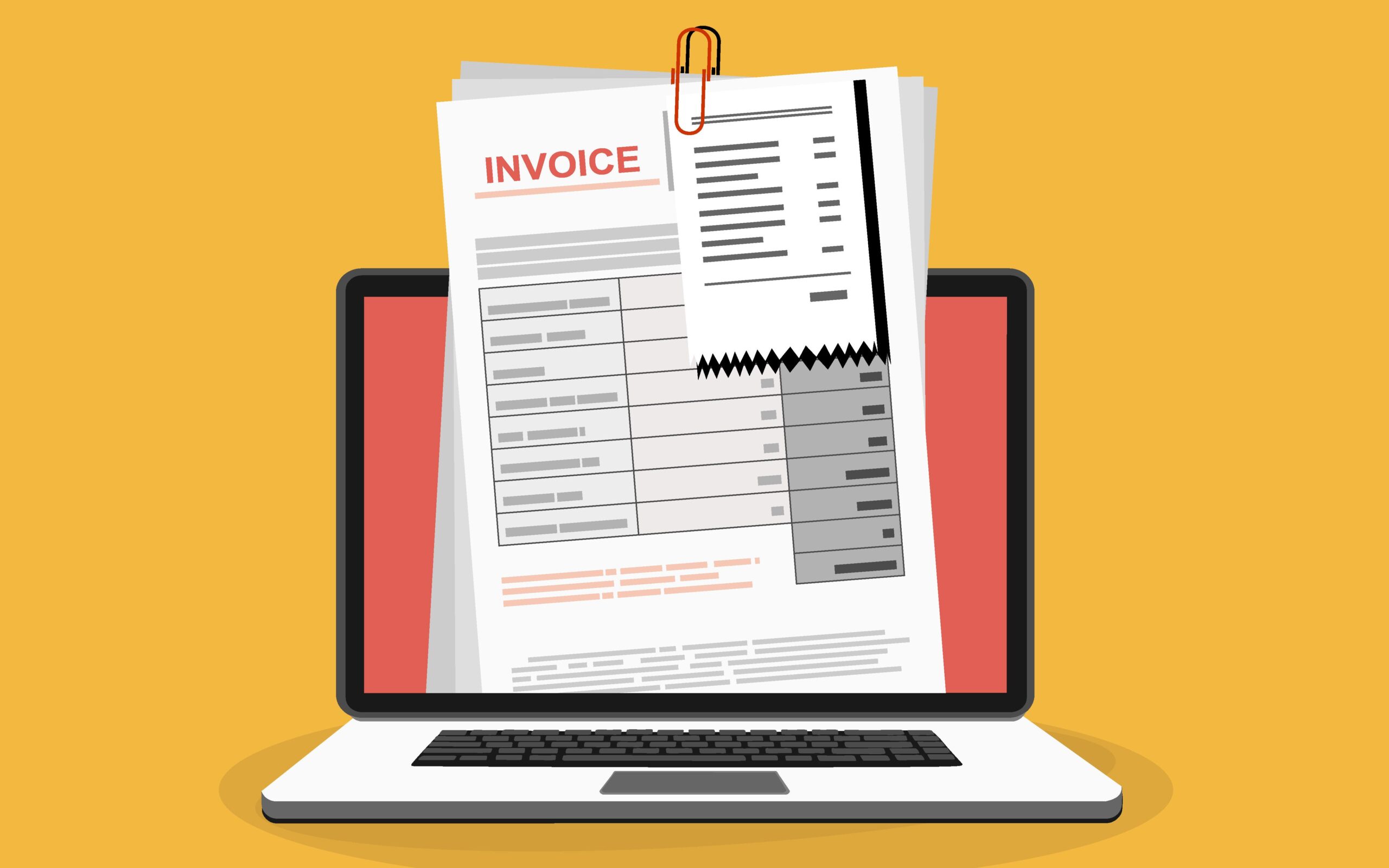It’s been more than a year since the World Health Organization declared COVID-19 a pandemic. No one could have foreseen the toll this would exact on all of us. Now, infections and hospitalizations are down, employment is rising, and most people seem to be optimistic that the dark tunnel of COVID-19 is finally ending. But for thousands of construction firms, it is too late.
What separated the survivors from those having to close their doors? It’s as easy as ABC: automation, billing and collections. Companies that executed these functions in an efficient manner had a better chance of weathering the storm. Here are some ideas that may help if storm clouds gather again.
Winners and Losers
In any recession, the impact on construction generally manifests as a decline in new starts. With this reduction in new opportunities, the difference between success and failure becomes cash flow—the need to survive until business rebounds sufficiently.
There is no substitute for knowing exactly how much cash is on hand, expected and owed at any given moment. When this knowledge is reliable and instantly accessible, actions can be discussed and prescient decisions made. Without this insight, a roll of the dice would have an equal chance of success.
Look Mom, No Hands
The first step toward cash flow enlightenment is automation. True automation doesn’t require much manual intervention, allowing management to manage and workers to work on what they do best: build products, provide services and help customers. These activities generate sales—and without sales, the corporate heart will stop beating. So where does one start on the road to automation?
Make It Easy to Get Paid
First things first: cash flow. There are many secure ways to get paid today. Credit cards are the easiest, and although swift access to payments is a huge benefit, the trade-off (transaction fees) can quickly swallow the profit in a competitive bid.
Fortunately, there are less expensive options. Many general contractors are using digital services such as PayPal, Venmo, Zelle and Google Pay. The cost is low (or free), convenience is high and all are easy to use.
Save While You Spend
Various sources estimate the average small business spends a minimum of $12 to manually pay a bill. When there are hundreds of bills every month, this quickly becomes real money. Switching to an online payment system can slash that cost by as much as 90%, but the benefits don’t stop there.
Automated systems also collect and categorize information for easy extraction. Having immediate access to data dramatically boosts financial intelligence. Say goodbye to hunches and “gut” feelings while gaining insight into business processes with analytics.
There is also tremendous value in being right, particularly when a staff is already stressed about business conditions. Leaders lead best when acting on current, accurate information. Without it, leaders can flounder, devastating morale, client service and, ultimately, sales.
Modernize Corporate Billing
A modern accounting system can send a bill with a few keystrokes, but it takes a week for a customer to receive a mailed invoice. Modern billing systems can electronically connect any company to its clients and vendors, transmit invoices and receive payments in seconds at an extremely low per-unit cost.
Time is money, so bill immediately once a job is done or as soon as contractually feasible. For any system that uses email, be sure to request an alert once the email (invoice) is opened—the information could be helpful later. And try sending an invoice on a weekend. It may get processed faster if the recipient believes people were working over the weekend. Automated billing, combined with multiple, convenient payment options, is the key to great cash flow.
Ensure Foolproof Collections
Any company that allows an invoice to go into collections during a recession has big problems. This can throw off the entire cash flow forecast and delay or reduce planned investments. Collections also require automation but, more importantly, companies first need a collections policy.
When are payments due, and how much time do customers get to pay? Company responses need to be standardized so there is no discretion or wiggle room for clients to exploit. Successful companies set up a series of cascading auto-emails as reminders, with phone calls starting after a specified time. As mentioned earlier, offering an easy electronic option is very effective at coaxing payments from clients—along with a consistent collections process.
No one wants to be heavy-handed, but be prepared for stall tactics. If the client can pay half today, be ready to accept it and schedule a follow-up call for the rest. If “the check is in the mail,” offer to send it back and take payment electronically. Remember, it is unlikely people will pay unless asked. Collections are not for the soft-hearted, but neither is running a business.
Recession Survival Guide
By perfecting the ABCs of business, companies can boost cash flow while improving efficiency. At the same time, automated reports provide real-time insights into key operations, allowing management to craft timely decisions while rallying the troops.
All are hopeful that the pandemic-related recession is over, especially for construction, which directly employs over eight million and represents about 7% of gross domestic product. However, a recent McKinsey study cautions that construction may not fully recover until 2023. For business owners or managers who are still standing, that makes it the perfect time to prepare for the next downturn.
This is the third article in a five-part series on surviving recessions. Click here for part one on management reporting and forecasting, and here for part two on pricing.






